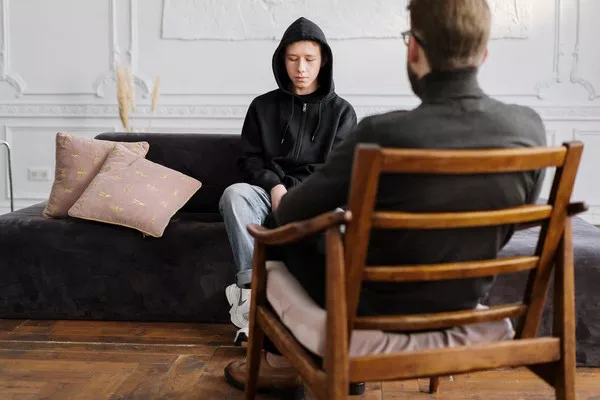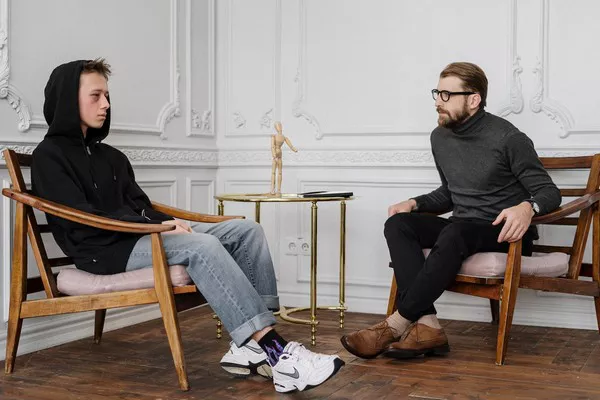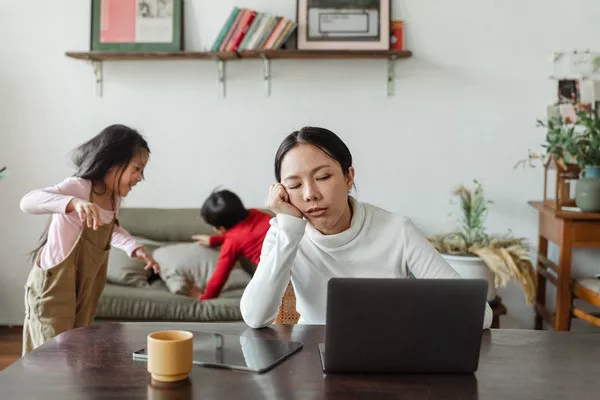It’s not always easy to tell whether you’re just shy or socially anxious. Shyness is a personality trait, whereas social anxiety is a mental health condition. Here are some questions to help you determine whether you’re just shy or you might have social anxiety:
- Do you feel anxious or uncomfortable in social situations?
If you feel anxious or uncomfortable in social situations, it could be a sign of social anxiety. People with social anxiety often experience physical symptoms like sweating, shaking, or rapid heartbeat when they are in social situations.
- Do you avoid social situations?
If you actively avoid social situations because you feel anxious or uncomfortable, it could be a sign of social anxiety. People with social anxiety often find excuses to skip events or make excuses to leave early.
- Are you worried about being judged or criticized by others?
If you’re worried about being judged or criticized by others, it could be a sign of social anxiety. People with social anxiety often worry that others will think negatively of them or that they will embarrass themselves in social situations.
- Do you have trouble making friends or forming relationships?
If you have trouble making friends or forming relationships, it could be a sign of social anxiety. People with social anxiety often struggle with social interactions, which can make it difficult to form meaningful relationships.
- Do you experience physical symptoms in social situations?
If you experience physical symptoms like sweating, shaking, or rapid heartbeat in social situations, it could be a sign of social anxiety. These symptoms are often caused by the body’s fight-or-flight response, which is activated when you feel anxious or stressed.
If you answered “yes” to several of these questions, it could be a sign that you have social anxiety. However, it’s important to remember that only a mental health professional can diagnose social anxiety disorder. If you’re experiencing symptoms of social anxiety, it’s important to seek help from a qualified therapist or counselor.
In conclusion, if you feel anxious or uncomfortable in social situations, avoid social situations, worry about being judged or criticized by others, have trouble making friends or forming relationships, or experience physical symptoms in social situations, it could be a sign that you have social anxiety. However, it’s important to seek help from a mental health professional to receive a proper diagnosis and treatment.




























